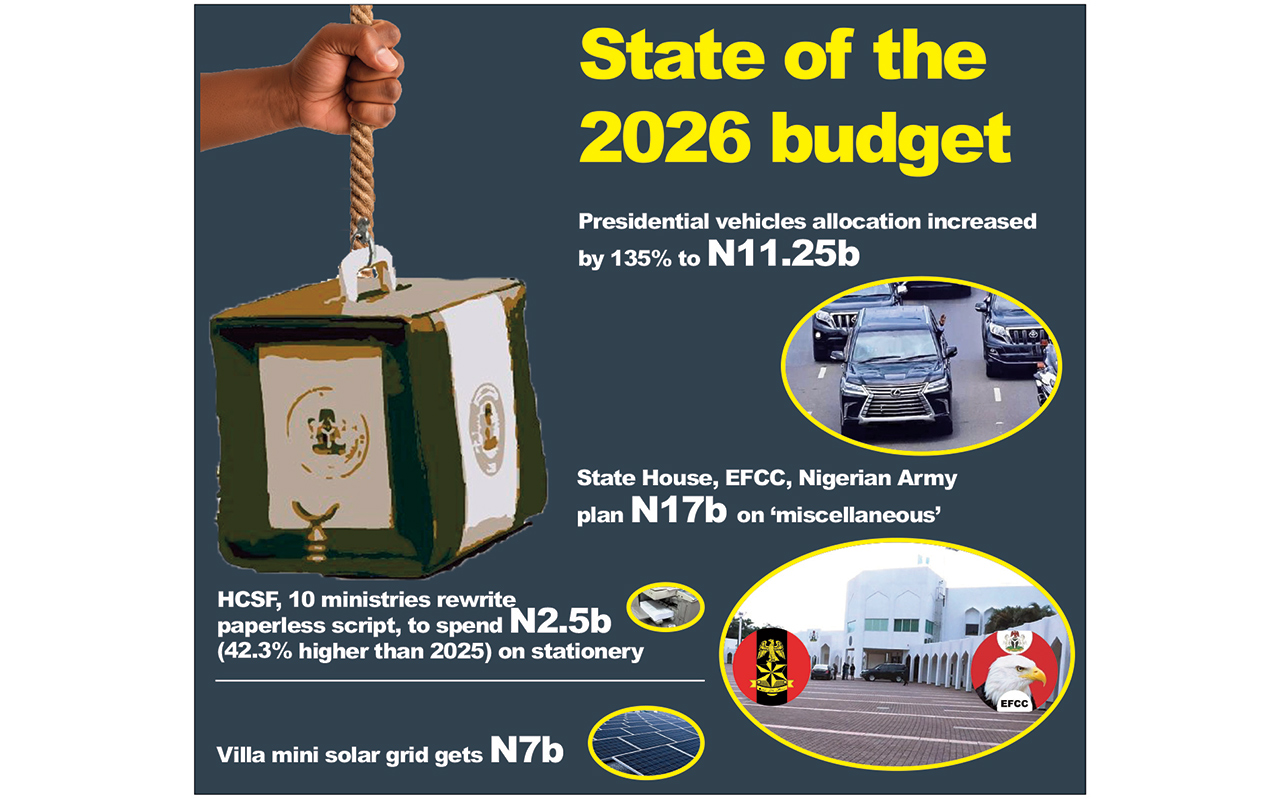The International Monetary Fund (IMF) has called on Nigeria and other nations to reduce their debt burdens, cautioning that excessive borrowing can stifle economic growth.
Kristalina Georgieva, Managing Director of the IMF, made the appeal on Monday during a civil society organisation town hall at the ongoing annual meetings of the World Bank and IMF. She emphasised that high debt levels restrict governments’ ability to respond to economic challenges and invest in development.
“The consequences are that we have to be much, much more focused on bringing debt levels down, because very high levels of debt suffocate economies,” Georgieva stated.
According to the Debt Management Office, Nigeria’s total public debt reached ₦152.39 trillion as of 30th June 2025. Of this, domestic debt stood at ₦80.55 trillion ($52.67 billion), while external debt accounted for ₦71.84 trillion ($46.98 billion).
The nation’s debt has expanded sharply since President Bola Ahmed Tinubu assumed office in May 2023, rising by 348.6 per cent in naira terms from ₦33.3 trillion in June 2023 to March 2025.
The debt service-to-revenue ratio, a measure of how much government revenue is absorbed by debt repayment, has surged to 156.8 per cent as of early May, compared with 29.1 per cent in 2014. In light of this, President Tinubu recently sought parliamentary approval to raise a fresh $2.3 billion via Eurobonds and issue $500 million in sukuk to refinance maturing obligations and fund infrastructural projects.
The debt profile varies across states.
Lagos recorded the highest domestic debt in the first quarter of 2025, at ₦874.03 billion, followed by Rivers State with ₦364.39 billion, while Jigawa registered the lowest at ₦1.06 billion, and Ondo stood at ₦11.76 billion.
Georgieva stressed the global nature of the challenge, noting that debt levels in advanced and emerging economies continue to rise, while those in low-income countries are declining largely because of limited access to financing.
She observed, “And even if they’re going down, it is still incredibly difficult for low-income countries to cope with these levels of debt.”
The IMF managing director indicated that the fund will focus on policies aimed at reducing debt levels and strengthening resilience in economies facing financial pressures. Nigeria, classified as a lower-middle-income economy by the World Bank, remains under scrutiny as it navigates the balance between development needs and debt sustainability.






